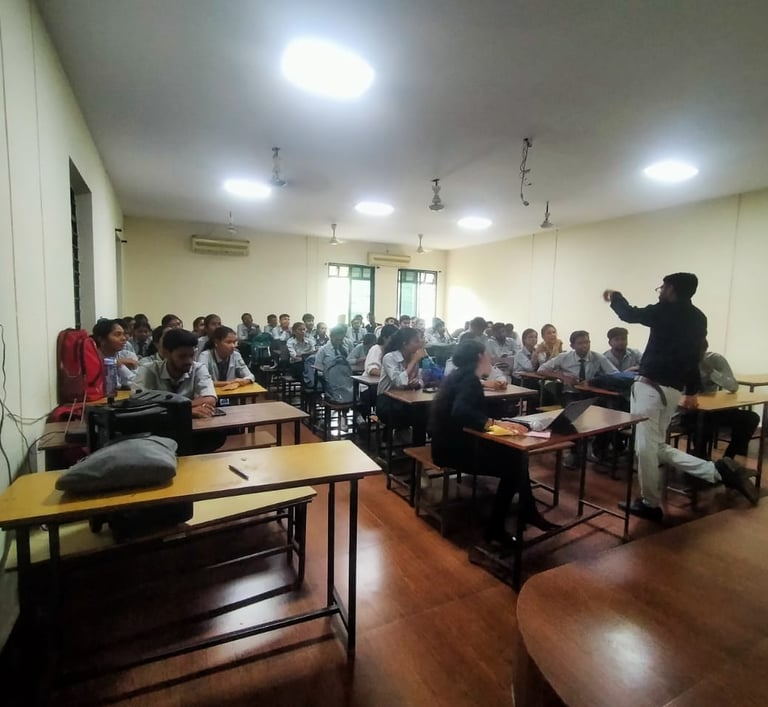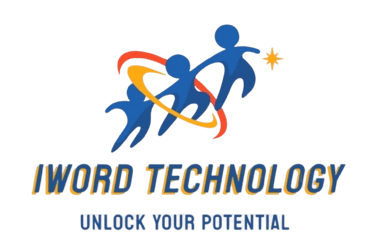Softskill Training in Nagpur
Why Soft Skill
Soft skills are non-technical, interpersonal skills that influence how you interact with others, solve problems, and manage your work. Unlike hard skills, which are specific to technical knowledge or job-specific abilities, soft skills are transferable and valuable across all careers and life situations.


Why are Soft Skills Important?
Enhance Employability: Employers seek candidates who can communicate effectively, work in teams, and adapt to changing environments.
Improve Teamwork and Collaboration: Teams thrive when members have empathy, active listening, and conflict-resolution skills.
Boost Career Growth: Leadership, adaptability, and problem-solving skills can position you for promotions or management roles.
Increase Workplace Efficiency: Employees with good time management and communication skills are more productive.
Key Soft Skill Topic


Communication Skills
Verbal and Non-verbal Communication
Active Listening
Public Speaking and Presentation Skills
Writing Skills (Emails, Reports, etc.)
Interpersonal Skills
Empathy
Teamwork and Collaboration
Conflict Resolution
Networking
Problem-Solving and Critical Thinking
Analytical Thinking
Decision-Making
Creativity and Innovation
Adaptability and Flexibility
Handling Change and Uncertainty
Resilience in the Face of Setbacks
Openness to New Ideas
Time Management and Organizational Skills
Prioritization
Goal Setting
Multitasking and Meeting Deadlines
Emotional Intelligence (EQ)
Self-awareness
Self-regulation
Empathy and Understanding Others' Emotions
Leadership and Management Skills
Motivating and Inspiring Others
Delegation and Task Management
Decision-Making and Responsibility
Work Ethic and Professionalism
Integrity and Accountability
Punctuality and Reliability
Attitude and Initiative
Creativity and Innovation
Thinking Outside the Box
Generating New Ideas
Openness to Experimentation
Stress Management and Resilience
Managing Work Pressure
Emotional Balance
Mindfulness and Mental Well-being






Iword Technology
Contact Now for more Enquire
Info@iword.in
+91 9373488196
Guru dev Nagar.
Nagpur
